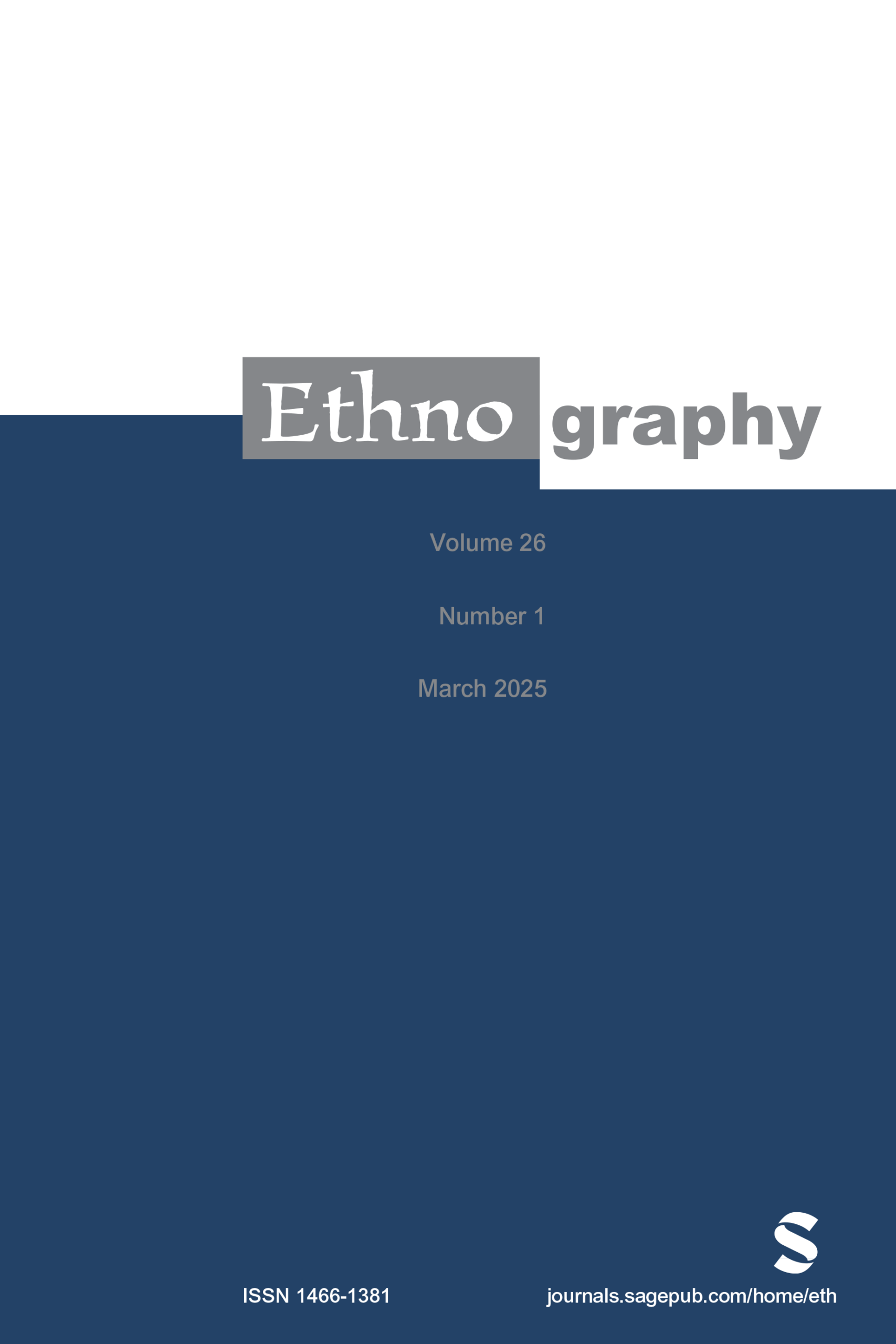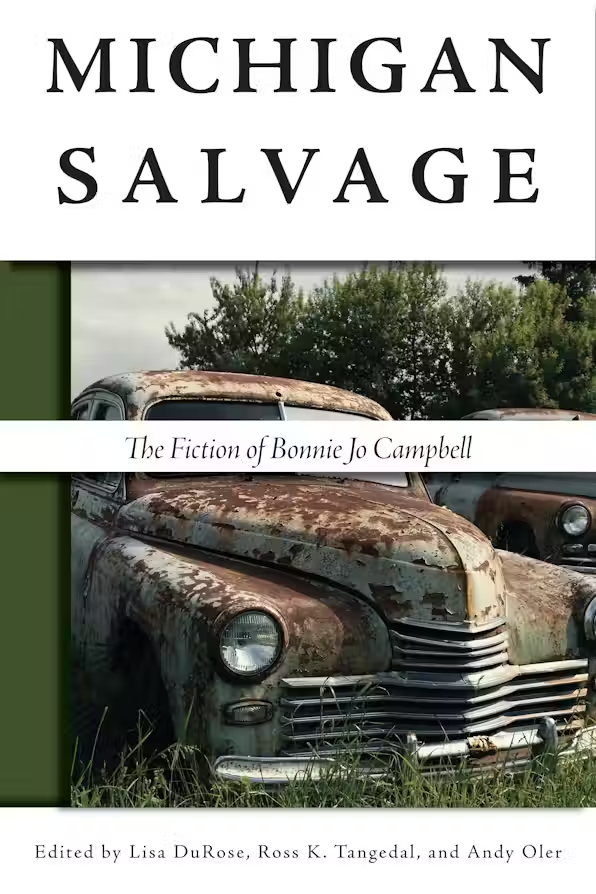-
Department of Anthropology Ph.D Candidate Jeff Burnett Awarded Wenner-Gren
Department of Anthropology Ph.D candidate Jeff Burnett has been awarded the Wenner-Gren Enagaged Research Grant for his proposal titled “Oak Bluffs Historic Highlands Archaeology Project”. For this project Jeffrey will be conducting a landscape study that utilizes archaeological methods, archival data, and oral histories and stories to map the beginnings and growth of a Black […]
-
Department of Anthropology Ph.D. Candidate Emily Milton publishes in Bioarchaeology International
Department of Anthropology Ph.D. candidate Emily Milton, along with co-authors Dr. Jordi Rivera Prince of Brown University and Ph.D. candidate Melina Seabrook of Harvard University, have published an article in Bioarchaeology International. The article is titled “Reconciling Identity Narratives: Creating Collaborative Space with Isotopic Baselines.” The article provides a critical perspective on the use of […]
-
Alum Assistant Professor Mari Isa (Texas Tech University), Professor and Chair Todd Fenton, and Ph.D. candidates Alex Goots and Elena Watson publish in Forensic Science International
Lead author and MSU alum Dr. Mari Isa of Texas Tech University, Department of Anthropology Professor and Chair Todd Fenton, current MSU Anthropology Ph.D. candidates Alex Goots and Elena Watson, and engineering colleagues Patrick Vaughan and Dr. Feng Wei, have published a collaborative article titled “Effects of input energy and impactor shape on cranial fracture […]
-
Department of Anthropology Ph.D. Candidate Rhian Dunn awarded 2023 Graduate Research Fellowship by the National Institute of Justice
The Department of Anthropology is pleased to announce that Ph. D. candidate Rhian Dunn is one of 24 doctoral students who have been awarded the 2023 Graduate Research Fellowship by the National Institute of Justice (NIJ). The NIJ is the research, development, and evaluation agency for the United States Department of Justice, which aims to […]
-
Dr. Larry Robbins coauthors chapter in new book, Handbook of Pleistocene Archaeology of Africa
Dr. Larry Robbins, retired professor from the MSU Department of Anthropology, has coauthored a chapter in a new book titled “Handbook of Pleistocene Archaeology of Africa” alongside Dr. Michael Murphy from Kalamazoo Valley Community College, Dr. George Brook from the University of Georgia, and Dr. Linhai Yang from the Chinese Academy of Sciences. The chapter […]
-
Assistant Professor Dr. Kurt Rademaker publishes in Journal of Archaeological Science: Reports
Department of Anthropology Professor Dr. Kurt Rademaker and Dr. Alexander Menaker of the University of Texas at Austin have published an article in Journal of Archaeological Science: Reports. The article is titled “Obsidian in the Valley of Volcanoes, Peru.” This article explores the use of x-ray fluorescence analysis to determine the sources of obsidian artifacts […]
-

Associate Professor Dr. Mara Leichtman publishes in Ethnography
Department of Anthropology Associate Professor Dr. Mara Leichtman published an article in Ethnography, in part of a special journal issue titled “Transnational Giving: Evolving Religious, Ethnic and Political Formations in the Global South.” The article title is “Humanitarian Sovereignty, Exceptional Muslims, and the Transnational Making of Kuwaiti Citizens.” This article explores the changing relationship between […]
-

MSU Museum Welcomes Dr. Ethan Watrall as Curator of Archaeology
The Michigan State University (MSU) Museum is delighted to announce the appointment of Dr. Ethan Watrall as Curator of Archaeology, effective August 15, 2023. Dr. Watrall’s expertise as an anthropological archaeologist coupled with his scholarly focus on the use of digital methods and computational approaches in archaeology and heritage will significantly enhance the Museum’s strategic […]
-

Associate Professor of Anthropology Dr. Heather Howard co-publishes chapter in Michigan Salvage: Bonnie Jo Campbell and the American Midwest
Associate Professor of Anthropology Dr. Heather Howard co-published a chapter in Michigan Salvage: Bonnie Jo Campbell and the American Midwest. “Indigeneity in Once Upon a River” and accompanying teaching activity, “What’s your Indigenous narrative?” In this chapter, Howard-Bobiwash examines transformations in the tropes of indigeneity in Bonnie Jo Campbell’s Once Upon a River (2011), from […]
-
MD-Ph.D. Student Jessica Ding Wins an Honorable Mention in Shao Chang Lee Scholarship Fund Best Paper Competition
The Department of Anthropology is pleased to announce that MD-Ph.D. student Jessica Ding has won an honorable mention in the Shao Chang Lee Scholarship Fund Best Paper Competition through the Michigan State University Asian Studies Center. The Shao Chang Lee Scholarship Fund was established by friends and colleagues of the late Professor Lee to provide scholarship awards […]